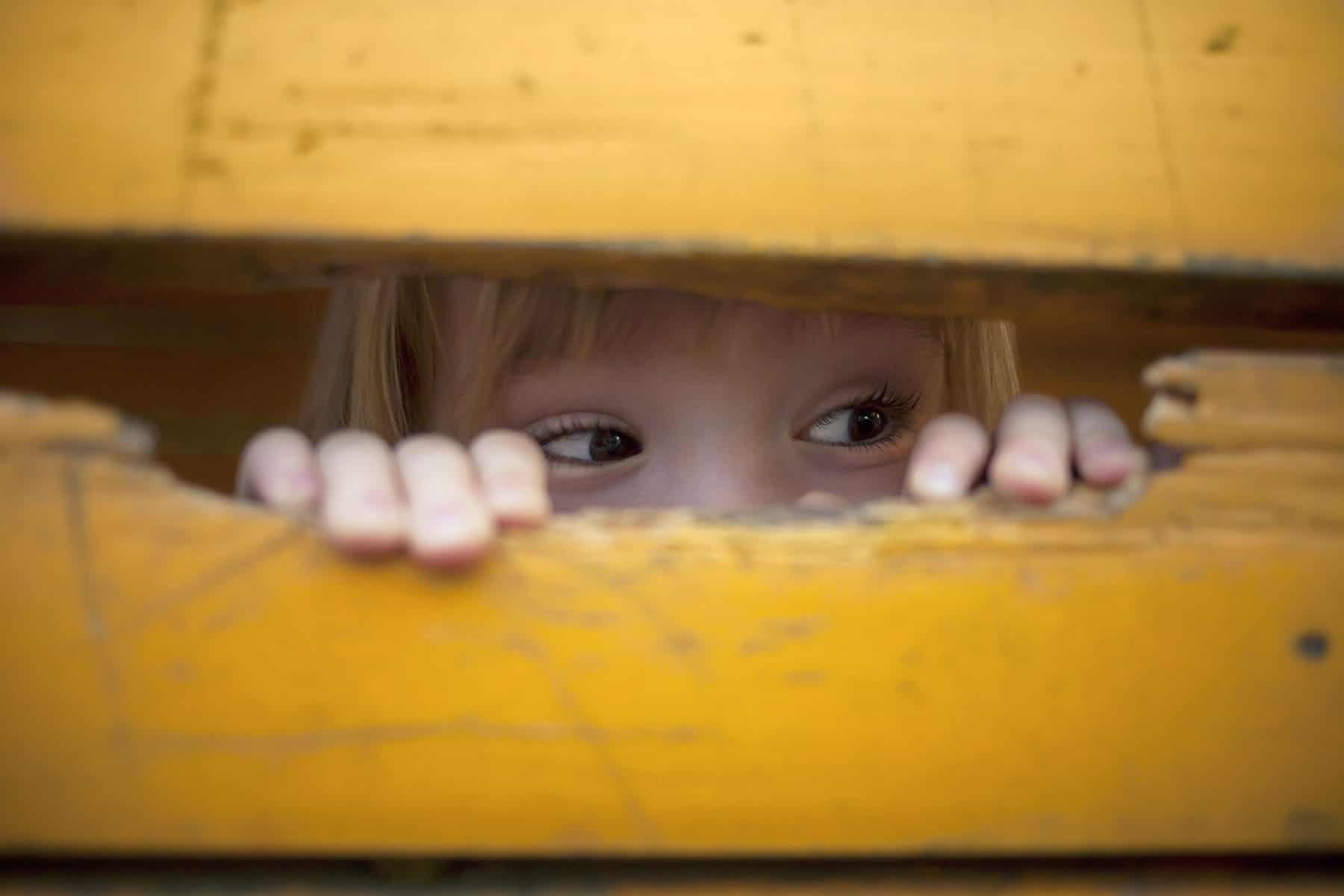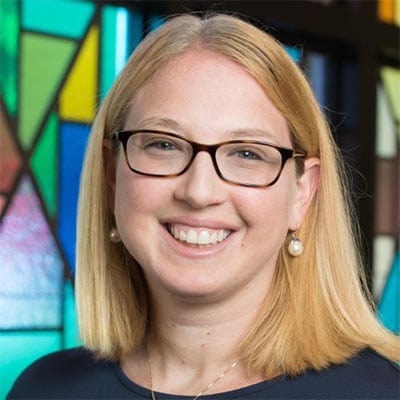 Photo by portishead1/Getty Images
Photo by portishead1/Getty Images My daughter insisted that our family play hide n’ seek. I’m not a big fan of the game. Kids stealthily waiting to jump out at you, closets in shambles by the end of the game, and each child wanting multiple turns. When Annie requested hide n’ seek, I countered with Bananagrams. Unsurprisingly, 30 seconds later, I began to hide.
After the game, I asked the kids what about the game is hard and easy. The answers were poignant: Easy: choosing a fun spot to hide. Hard: waiting to be found. Our youngest added, “Sometimes, you wait so long, and nobody finds you.”
How many of us are hiding, waiting to be found? In a way, it seems like everyone is hiding…something. We wonder if we are good enough, smart enough, pretty enough, equipped to act out the part we think we are meant to play. The script sounds right, but we can’t seem to believe our characterization of the role. We are scared someone might discover our secret. Insecurities and self-doubt that inhibit us from finding ourselves.
But perhaps the game of hide n’ seek relies on an assumption that all that is hidden will eventually be revealed. That even if someone else doesn’t see us, we have to leave the hiding place. Showing the world that we are meant to be found. And having faith that God endowed each of us with something to show.
Rabbi Caryn Broitman teaches that the Biblical words, “haster astir panai”, are usually translated as “I am surely hiding.” The subject in hiding is God. However, she points out that commentators jump on the double construction of the words—haster astir. Instead, the words should be translated as, “I will hide the fact that I am hiding.” We can easily relate to God’s concealment. We hide our truths so well, we have trouble discerning between what’s real and false.
Deep truths in a simple game. But it is clear something hides in each of our souls. The question remains: Are we ready to be found?
Shabbat Shalom
Rabbi Nicole Guzik is a rabbi at Sinai Temple. She can be reached at her Facebook page at Rabbi Nicole Guzik. For more writings, visit Rabbi Guzik’s blog section from Sinai Temple’s website.























 More news and opinions than at a Shabbat dinner, right in your inbox.
More news and opinions than at a Shabbat dinner, right in your inbox.